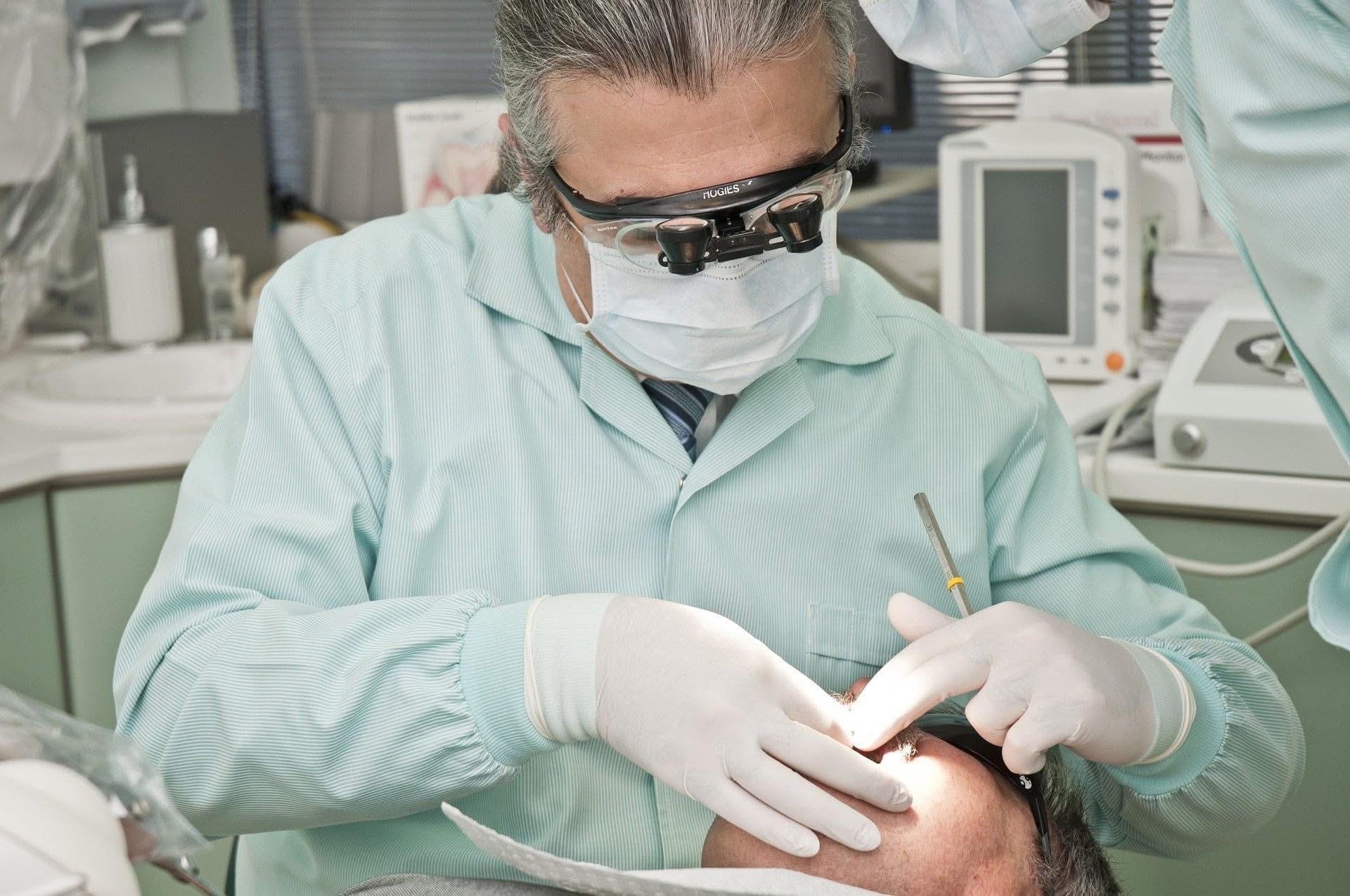 Gluten has become a buzzword in the wellness industry as an increasing number of individuals have begun to experience adverse reactions to products containing wheat, barley, rye, and other grains. Such reactions range in severity from mild discomfort in the stomach to long-term malnutrition and even osteoporosis. It is estimated that about 1% of Americans suffer from such reactions to gluten-rich foods, a number that has nearly quadrupled over the past decade. It is critical to understand the threat that gluten sensitivity may pose to overall health, and it is particularly important to understand how ordinary sensitivity is separate and distinct from Celiac Disease. The latter is an autoimmune disorder that affects about 1 in 133 Americans and, when left undiagnosed and untreated, can slowly wreak havoc on the entire body.
Gluten has become a buzzword in the wellness industry as an increasing number of individuals have begun to experience adverse reactions to products containing wheat, barley, rye, and other grains. Such reactions range in severity from mild discomfort in the stomach to long-term malnutrition and even osteoporosis. It is estimated that about 1% of Americans suffer from such reactions to gluten-rich foods, a number that has nearly quadrupled over the past decade. It is critical to understand the threat that gluten sensitivity may pose to overall health, and it is particularly important to understand how ordinary sensitivity is separate and distinct from Celiac Disease. The latter is an autoimmune disorder that affects about 1 in 133 Americans and, when left undiagnosed and untreated, can slowly wreak havoc on the entire body.
Celiac Disease and Cavities
Celiac Disease is an autoimmune disease that is built-in to the genes of the affected individual. In other words: It is inherited, and it cannot be “developed” over time like ordinary gluten sensitivity.
Celiac Disease triggers an irregular immune system response during gluten digestion. Once the gluten protein is introduced to the small intestine, the body responds by revving up the immune system to dispatch antibodies to attack the “intruder.” This is a mistake, of course, as the gluten protein is not actually an intruder, and it is neither malicious nor harmful. In the end, the individual’s own immune system agitates the small intestine and causes chronic inflammation. This inflammation inhibits the normal digestion of other nutrients in the small intestine, in turn leading to vitamin, mineral, and macronutrient deficiencies.
Research suggests that individuals with Celiac Disease may be predisposed to tooth decay and gum disease as a direct result of the body’s inability to digest essential vitamins and minerals during a gluten “flare up.” A bowl of cereal, a traditional sandwich, or a slice of pizza are just a few examples of gluten-rich meals that may agitate and inflame the small intestine to the extent that nutrient absorption is dramatically impaired. If enough gluten is consumed with each meal, the affected individual may have great difficulty digesting healthy amounts of vitamin A, magnesium, beta-carotene, calcium, and other nutrients that are essential in building and maintaining overall health. From a dentistry perspective, individuals with Celiac Disease may suffer tooth enamel degradation, whereby the teeth become thinner, weaker, and more easily destroyed by tooth decay.
Living a Gluten-free Lifestyle
Whether you have been diagnosed with Celiac Disease or simply suspect you may have sensitivity to gluten, living a “gluten-free” lifestyle is the fastest route to a better state of overall mental and physical health. Follow these steps to avoid feeling sick, weak, or fatigued after meals:
1. Know the Symptoms: Abnormal cramping, bloating, or irritable bowel syndrome (IBS) that follows a meal may be an indication that sensitivity to gluten exists. Signs of Celiac Disease typically take much longer to manifest themselves and may include the development of osteoporosis, vitamin deficiency, or chronic tooth decay.
2. Make Dietary Changes: Take steps to eliminate gluten from your diet. This includes avoiding foods that are rich in gluten protein, such as sliced bread, bagels, pizza, cookies, crackers, pasta, and even alcoholic beverages like beer. Tip: Try our delicious gluten free bread recipe!
3. “Reset” Your Digestive System: Speak with your health care professional about the probiotic nutrients you may incorporate in your daily diet to promote a healthier digestive tract. This will improve the health of the small intestine and promote healthy nutrient absorption.
Speak to a Holistic Wellness Professional About Gluten and Your Health
If you or a loved one suspect you suffer from gluten sensitivity, you are not alone. Nearly 1% of Americans report having an adverse reaction after ingesting gluten-rich foods, and an estimated 1 in 133 has Celiac Disease. Miami dentists and leading holistic health professionals agree: Diagnosis is the first step towards a healthier and happier self. Schedule an appointment with Assure a Smile to learn more about gluten, gluten sensitivity, and overall wellness.
References for this article:
(i) http://online.wsj.com





